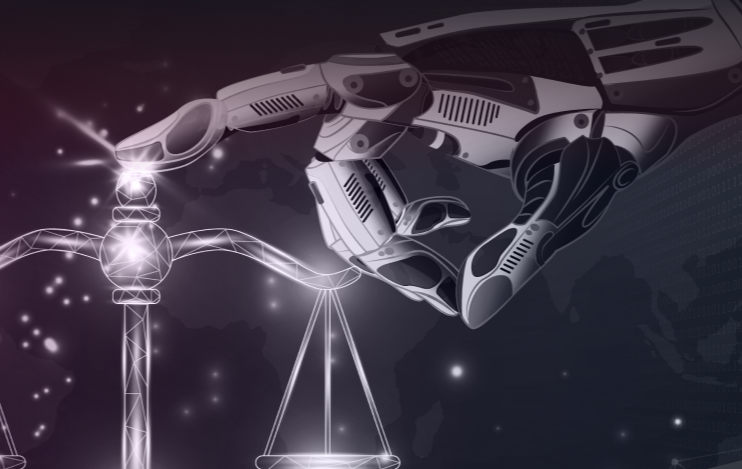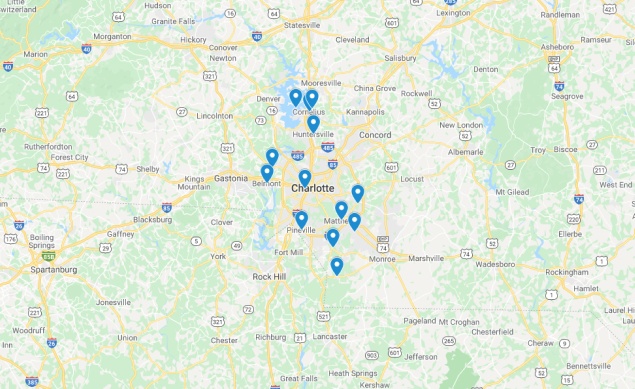As the U.S. deals with the impacts of the coronavirus pandemic (COVID-19), consumers have reacted by hoarding products like hand sanitizers, Personal Protection Equipment (PPE), and other cleaning and sanitation products essential to keeping consumers safe from the virus. Some sellers have taken advantage of this trend to raise prices to an “unconscionable” degree. As a result, the legal sector encountered a number of class action lawsuits with respect to price gouging.
Some state laws allow class action litigation for price gouging. Others permit actions for redress under state consumer protection laws. Michigan, for example, allows both class action suits for price gouging and actions pursuant to state consumer protection laws. These dual safeguards allow both government action under the consumer protection laws and suits by individuals under the class action rules. Florida, too, has a price gouging statute that plaintiffs rely on in state court. These statutes make it illegal to charge unconscionable prices for essential goods during a declared state of emergency.
At this time, no federal law exists to prohibit price gouging activities, although some legislators have proposed legislation only to fail in Congress. The most recent failed attempt at a federal statute specifically prohibiting price gouging occurred in 2013.
As shown below, price gouging cases are ongoing in multiple states.
California Class Action Cases
Many popular companies are alleged to have pumped up prices in California:
- Mercado v. eBay, Inc. On May 4, 2020, Jeanette Mercado filed a class action lawsuit against eBay under California’s Unfair Competition Law, the Consumer Legal Remedies Act, as well as theories of quasi-contract, restitution and unjust enrichment. eBay says it banned unscrupulous sellers who charged unconscionable prices for essential health-related goods. The plaintiff argues that eBay benefits from the price gouging as its fee is based on a percentage of the full sale price. The plaintiff seeks injunctive relief to stop eBay’s unlawful pricing practices, as well as receive restitution.
- Mary McQueen, et al. v. Amazon, Inc. Mary McQueen filed a class action lawsuit on April 21, 2020. McQueen alleges that Amazon hiked prices on scarce consumer goods during the COVID-19 pandemic. Price gouging violates California’s Unfair Competition Law, and the plaintiff also sues under unjust enrichment and negligence theories. In response, Amazon moved on June 23, 2020 for a hearing to compel arbitration. The company says McQueen’s Amazon account agreement requires her to arbitrate her claims individually, not as a class action. Amazon has asked the court to send the case to arbitration, put it on hold, or dismiss it in its entirety.
- Redmond v. Albertsons Companies, Inc. Plaintiff Redmond brought a class action suit on June 3, 2020 charging Albertsons Companies, a Delaware Corporation, with price gouging. Profiteering during a pandemic is criminal under the Unfair Competition Law. The plaintiffs allege purchases from Albertsons’ stores in some cases were ten times pre-pandemic prices and not directly related to supplier prices. The plaintiff seeks damages for negligence, restitution, disgorgement or other equitable relief. Damages include actual damages, punitive damages and monetary relief by law. The plaintiff also seeks attorneys’ fees and court costs, including expert witness fees.
- Adrienne Fraser et al. v. Cal-Maine Foods Inc. et al. Adrienne Fraser and the other plaintiffs bought eggs illegally priced nearly three times above state law thresholds during the pandemic. The two dozen defendants are Whole Foods, Costco, Walmart, Trader Joe’s, Amazon, Kroger and other small markets and farms. The plaintiffs seek a declaratory judgment that defendants violated California law as well as restitution.
Florida Class Action Case
Armas v Amazon. On March 9, 2020, Florida’s declared state of emergency triggered the state’s price gouging laws. On March 10, 2020, Stephanie Armas filed a complaint alleging the violation of Florida’s Deceptive and Unfair Trade Practices Act. Armas claims Amazon raised prices on scarce personal hygiene items to unconscionable levels in violation of the law. The plaintiff seeks class action certification on a state-wide basis for the claim of consumer fraud.
New York Class Action Case Against Popular Delivery Services
Davitashvili et al v. Grubhub Inc et al. In March 2020, three New York consumers filed a proposed class action suit. The lawsuit alleges that Grubhub, Doordash, Postmates and UberEats violated U.S. anti-trust laws by manipulating their restaurant industry predominance to require that restaurants charge the same price to dine-in and delivery customers.
The plaintiffs assert that those same delivery services then added outrageous processing and delivery fees of up to 40% of the orders’ proceeds. The lawsuit seeks treble damages for customers at restaurants who use the delivery services apps.
States Take Action Directly
There are a few states that have taken direct action against price gouging companies. For example, on April 1, 2020, the State of Alaska filed a claim against Juan Lyle Aune in Alaska v Aune. Mr. Aune bought thousands of N95 respirators from Alaska stores for approximately $20 a pack. He then resold them via Amazon and eBay for up to $89 a pack during the COVID-19 pandemic. Alaska sued the defendant under the Unfair Trade Practices Act. The State seeks an injunction against unfair trade practices. The filing asks the court to assess each online posting, advertisement and sale individually and to assess a fine of $25,000 for each violation.
In Texas, the Attorney General filed a lawsuit against Auctions Unlimited LLC to prevent the company from price gouging on health-related supplies. After the Governor declared a COVID-19 state of emergency, Auctions Unlimited listed more than 750,000 health-related supplies. Bidding on N95 masks went as high as $180 for 16 masks. Price gouging is illegal under the Texas Deceptive Trade Practices Act. Violation of the Act triggers penalties as high as $10,000 for each violation and additional penalties up to $250,000 for elderly victims. Texas seeks temporary and permanent injunctions against the defendant, restitution, civil penalties of $10,000 for each violation, $250,000 civil penalty for all consumers over age 65, attorneys’ fees and court costs.
Do Proactive Measures Help?
Amazon says that it is taking proactive measures by ejecting price-gougers. The company claims that automated processes identify and remove items priced unjustly. The company reported 42 price-gougers to state attorney generals, including those in California and Alaska. The terms of Amazon’s own rules seem to prohibit setting prices higher than those recently offered under Amazon.
Yet, Amazon still asked the U.S. government to provide the company with immunity from prosecution because it is helpless to prevent price gouging on its site.
The Tip of the Iceberg
These class action lawsuits provoked by the COVID-19 pandemic are indeed just the beginning. Experts expect that the number of class action and other lawsuits against businesses for price gouging will grow as the pandemic progresses.







